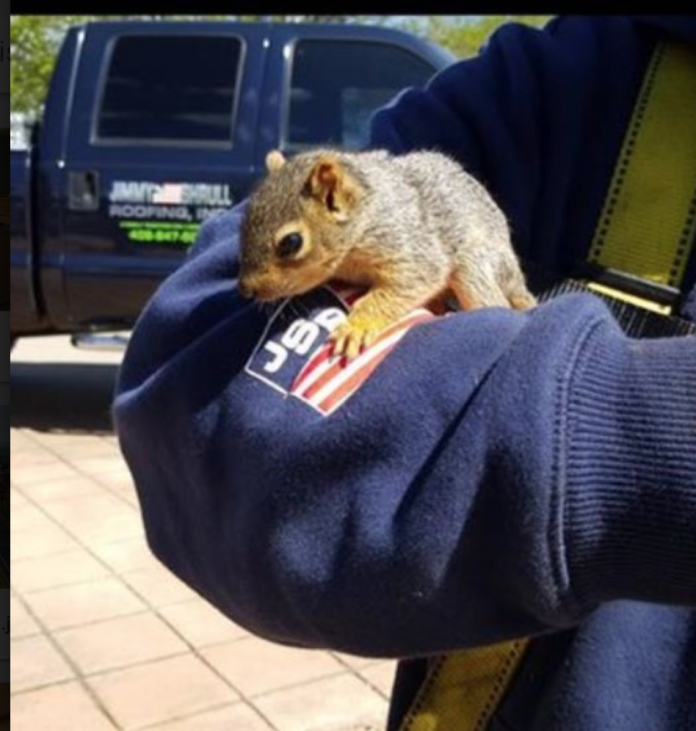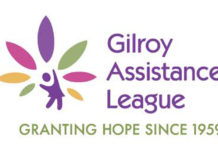Squirrels rejoice!
It’s a bumper crop of acorns this year and besides the delight of these fuzzy, tree climbing varmints, the good news is that they do not harm lawns and have little impact except for the nuisance of cleaning up after them.
“Because of the weather there are a lot more acorns this year,” said Moki Smith, an arborist with Morgan Hill Tree Service. “Acorns are seeds of oak trees and those trees are monoecious, so they have both the male and female reproductive organs, which means they pollinate themselves. That process depends on the trees, weather patterns and available resources. If that process gets interrupted or altered, that can reduce or accelerate the acorn yield.”
While they can be annoying, acorns provide an important food resource for squirrels, deer, wild turkeys, crows and racoons, among dozens of other species that enjoy the favorite food of cartoon chipmunks, Chip and Dale.
“No they don’t have a negative impact,” Smith said. “It’s more of a nuisance cleaning them. There will be more oak trees popping up everywhere. It will increase the amount of wildlife that comes to properties to munch on the acorns. Other than that, it isn’t a negative.”
With acorns, come squirrels and both can cause roof maintenance trouble. Jimmy Shrull, owner of Jimmy Shrull Roofing Inc. of Gilroy, explained some of the harm that the acorns and critters can do to a roof.
“Leaves, debris and the acorns that squirrels hide on roofs can dam up the valley areas of a roof, which are the important areas that drain water off of a house,” Shrull said. “Acorns can plug up gutter systems, which doesn’t allow the water to drain which will cause roof damage if left unnoticed.”
Squirrels follow their food source and when oak trees are situated too close to a home’s roof, often pelting a house relentlessly with acorns, it also allows easy access to the rodents. Shrull and his employees often work near and around squirrels and the two species often brush shoulders with each other. Sometimes, literally.
“One time one of our employees offered an acorn to a baby squirrel that went and crawled up his arm and sat there, it became a little mascot for us,” Shrull said. “Another time we were on a job where a customer was saying that they were hearing sounds coming from their roof. We disassembled part of their tile roof and found a whole family of squirrels. The babies were only the size of a little egg. We put them in a box and gave them to the homeowner. Since it was their house we left it to them to decide what to do with them. From what I heard, they all survived.”
Sometimes the damage the squirrels do to roofs while stashing acorns can cause considerable damage.
“In that situation it cost several hundred dollars since we had to repair the damage they did,” Shrull said. “The squirrels will often pull up shingles to hide their acorns. It’s worse for tile roofs.”
The Blue, Black and Valley Oaks are native to Gilroy and for Native American tribes of California, including the Amah Mutsun Tribal Band, who have lived in the area since before European colonization, acorns were an important part of their diet. According to a report released by Sacramento State, 75 percent of native Californians relied on acorns as a daily source of food. They would ground acorns into flour that would be used in bread, soups and porridges.
Fortunately for car owners, acorns, which weigh less than 10 grams, will not leave dents in cars. According to Alyssa Lehr at Johnny’s Custom Auto Body on Wellburn Avenue, they have received no customers to repair dents caused by acorns.
“We’ve seen a huge increase in hit and run accidents, but we haven’t got any acorn claims,” Lehr said.
For the adventurous gourmet, a recipe for acorn pancakes from PBS Foods be found on pbs.org/food/recipes/acorn-pancakes/. So, make the most of those acorns and bon appetit.












